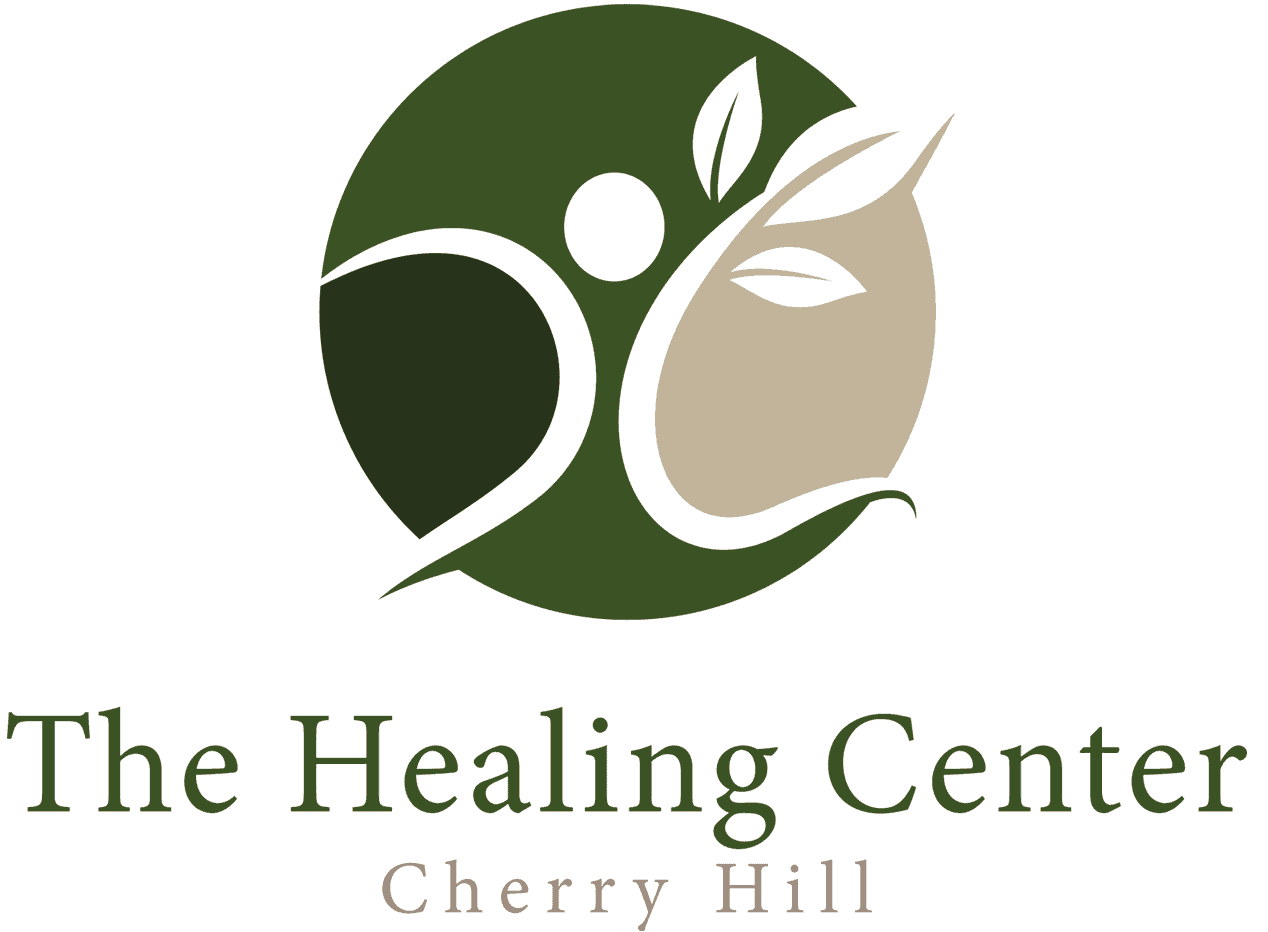Drug addiction, or substance use disorder, is a complex condition that affects millions of people worldwide. It’s characterized by compulsive drug seeking and use, despite the harmful consequences on the individual’s health, social life, and personal obligations. Recognizing the signs and symptoms of drug addiction is crucial for early intervention and treatment, which can significantly improve the prognosis for recovery. In this comprehensive guide, we delve into the various indicators of drug addiction, offering insights for individuals and their loved ones to identify and seek help for this challenging condition.
Physical Signs And Symptoms of Drug Addiction
Drug addiction can manifest through various physical signs, which may vary depending on the substance used. Common physical signs include:
- Changes in Appearance: Neglecting personal grooming, sudden weight changes, and unexplained bruises or marks.
- Health Issues: Frequent sickness, fatigue, or a deterioration in physical health without a clear reason.
- Tolerance and Withdrawal: Needing larger amounts of the substance to achieve the same effect or experiencing withdrawal symptoms like nausea, shaking, or sweating when not using the drug.
Psychological Signs
Drug addiction also has profound psychological effects, which can disrupt an individual’s mental health and emotional well-being.
- Mood Swings: Experiencing severe fluctuations in mood, from euphoria to depression, often without a clear trigger.
- Behavioral Changes: Increased secrecy, lying, or a noticeable change in personality or attitude.
- Cognitive Issues: Difficulties with concentration, memory, and decision-making processes.
Social Signs
The impact of drug addiction extends to social interactions and relationships, often causing noticeable changes.
- Isolation: Withdrawal from family and friends or a sudden change in social circles, typically to groups that also use substances.
- Neglecting Responsibilities: Missing work or school, declining performance, and neglecting household or family responsibilities.
- Legal Problems: Encounters with law enforcement, arrests, or legal issues related to substance use.
Financial Signs
Drug addiction can lead to financial instability due to the costs associated with purchasing drugs and the consequences of neglecting financial responsibilities.
- Unexplained Financial Problems: Difficulty managing money, borrowing or stealing money to fund the addiction, and unexplained debts.
- Spending Priorities: Prioritizing drug spending over essential expenses like rent, groceries, and bills.
Behavioral Signs
Certain behaviors are strongly indicative of addiction and can be more directly observed.
- Compulsive Drug Seeking: Spending significant time obtaining, using, and recovering from the drug’s effects.
- Loss of Interest: Declining interest in hobbies, activities, or social events that were once enjoyed.
- Denial: Refusing to acknowledge the extent of the problem or the impact of their behavior on themselves and others.
Emotional Signs
The emotional toll of drug addiction is often profound, affecting the individual’s ability to cope with everyday stresses and emotions.
- Increased Sensitivity: Heightened reactions to emotional or physical stimuli, possibly leading to paranoia or hallucinations in severe cases.
- Despair or Hopelessness: Feelings of desperation, depression, or a lack of purpose outside of drug use.
Risk Factors and Causes Of Addiction
Understanding the risk factors for drug addiction can help in identifying those at greater risk. These factors include genetic predisposition, environmental influences such as exposure to drugs at a young age, peer pressure, and the presence of mental health disorders. The path to addiction often involves a complex interplay of these factors, leading to the compulsive behavior that characterizes the disorder.
The Impact of Drug Addiction
The consequences of drug addiction extend far beyond the individual, affecting families, communities, and society at large. Physically, it can lead to chronic health conditions, overdose, and even death. Psychologically, it contributes to the prevalence of mental health disorders. Socially, it can result in broken relationships, unemployment, and homelessness. The economic impact is also significant, with increased healthcare costs, lost productivity, and the burden on the legal and criminal justice systems.
Seeking Help and Treatment
Acknowledging the problem is the first step towards recovery. Treatment for drug addiction typically involves a combination of medication, therapy, and support groups, tailored to the individual’s specific needs. Recovery is a long-term process, often requiring ongoing support and commitment to maintain sobriety.
Addiction Treatment In Cherry Hill, NJ
Drug addiction is a multifaceted disorder that demands a comprehensive approach to identification, intervention, and treatment. Recognizing the signs and symptoms is crucial for individuals and their loved ones to seek the help needed. With the right support and treatment, recovery is possible, offering individuals a chance to rebuild their lives and regain control from the grips of addiction. If you or someone you know is struggling with drug addiction, reaching out for professional help can be the first step towards a new beginning.
